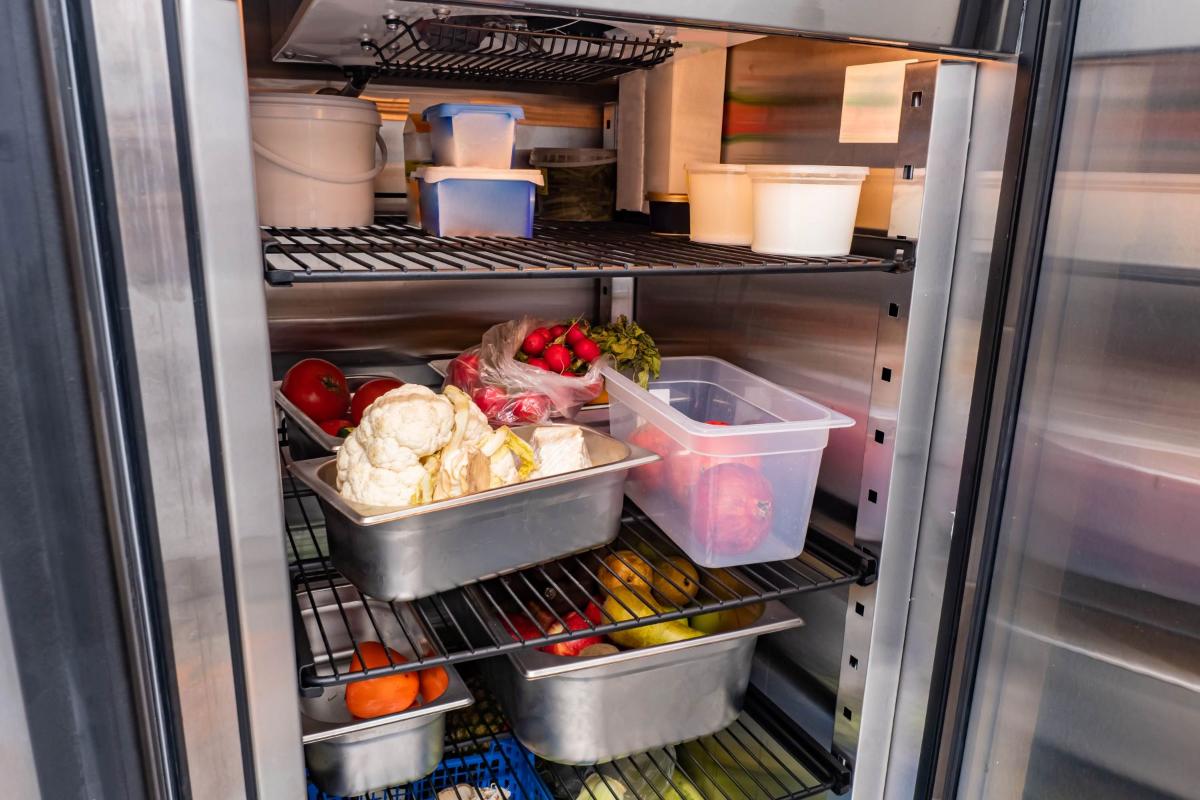
Question:
Dear Advice Guy,
We are closed on Mondays and Tuesdays. On Sundays, we deep clean and most of the prepped and perishable food either needs to be taken home or thrown away. I asked my manager whether I could drop it off at a shelter near my house and he said no, due to liability. Is this accurate? I don’t see us getting sued for donating salad greens, leftover rice, minced shallots, etc. But there’s only so much I can use at home!
– Fine-dining server
Answer:
Kudos on wanting to do something to reduce wasted food and help the community. According to the Upcycled Food Association, over 30% of all food is produced and never eaten, totaling about 1 billion tons per year and generating about 6% of human-caused greenhouse gas emissions. Reducing wasted food saves money, is good for the environment and is good for the community. It is also good for morale—nothing is more heartbreaking for a restaurant worker than seeing hours of prep hit the trashcan, and even more so in environments where employees are not allowed to take surplus food home with them.
The good news is that since 1996 the Bill Emerson Good Samaritan Food Donation Act has provided liability protection for restaurants and other business that donate surplus food, provided it is donated in good faith to a non-profit organization. Your situation certainly seems to meet these criteria.
In 2023, President Biden approved strengthened legislation with the Food Donation Improvement Act which adds additional protections by allowing for donations directly to individuals as well as at “Good Samaritan pricing,” which allows organizations like food banks to sell donated food at a deep discount to recoup handling and transportation costs.
More resources on food donation, including a food rescue locator and training video from Chef Tom Collichio here.
Have a question for Advice Guy? Send it to Heather.Lalley@informa.com.